Blog
High protein dry fruits
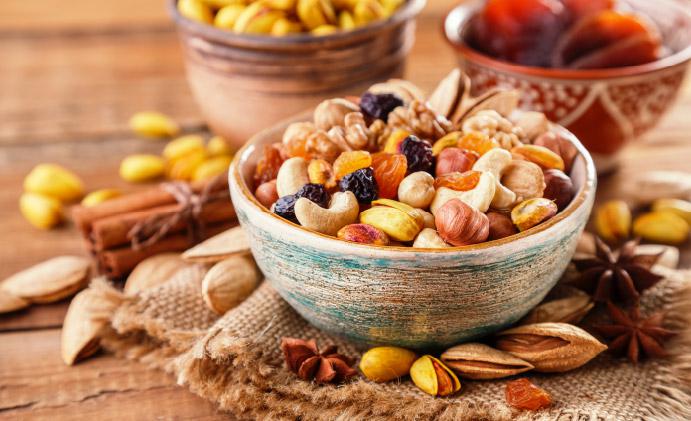
Dried fruits are a great way to get some extra vitamins and minerals into your diet and they can be a delicious addition to your favorite recipes. Not only that, but they’re also high in protein and contain almost no fat or carbohydrates! So next time you’re looking for a quick snack on the go or just want something sweet with breakfast this article will give you some ideas of which dried fruits have the most protein per serving.
Pistachios
Pistachios are a great source of protein, fiber, and healthy fats. They’re also a good source of potassium, iron and B vitamins. Pistachios are very low in sodium (0mg per 1 oz serving) compared to other nuts such as cashews or almonds which contain about 2-3mg per 1 oz serving.
Pistachios have been shown to lower cholesterol levels when eaten regularly over time by reducing LDL (“bad”) cholesterol–the kind that can build up in your arteries and cause heart disease if not kept under control–and increasing HDL (“good”) cholesterol levels that help protect against heart disease by removing excess fats from the blood stream before they can clog arteries.*
Almonds
Almonds are a good source of protein and healthy fats, which can help lower cholesterol. They’re also high in vitamin E, iron and calcium.
Almonds contain about 20 grams of fat per cup. Most of this is monounsaturated fat (one type of “good” fat) that comes from almonds’ high content of oleic acid – more than 70 percent by weight! This type of fat has been shown to reduce LDL (bad) cholesterol levels while raising HDL (good) cholesterol levels.
Peanuts
Peanuts are a great source of protein, fiber, and healthy fats. They’re also high in vitamin E and magnesium; monounsaturated fats (the good kind) like oleic acid; polyunsaturated fats like linoleic acid and alpha-linolenic acid; resveratrol (a potent antioxidant).
Cashews
Cashew nuts are a good source of copper, magnesium, manganese, phosphorus and zinc. They also contain vitamin K and protein.
Cashews are high in fat so you should eat them in moderation if you’re trying to lose weight or maintain your current weight. In fact, 1/4 cup of cashews contains about 160 calories (100 from fat).
Hazelnuts or filberts
Hazelnuts or filberts are high in protein, fiber and vitamin E. They have a high fat content, but this is mostly monounsaturated fat which is good for you. Hazelnuts also contain lots of calories and they’re quite expensive to buy at their raw state (you can expect to pay around $15 per pound).
If you want to include hazelnuts in your diet but don’t want all those extra calories, then consider buying them roasted instead of raw: roasting reduces the amount of oil present in them by about 30%.
Brazil nuts
- Brazil nuts are the seeds of a tree and are rich in protein.
- Raw or roasted, they can be eaten on their own or added to salads, stir fries, smoothies and other recipes.
- They’re also high in calories (about 600 per ounce).
High protein dry fruits
Dry fruits are a good source of protein and calories. They have a high protein content, which makes them ideal for weight loss, muscle building and overall health.
Dry fruits are packed with nutrients like vitamin C, potassium, iron and calcium. They also contain antioxidants that protect your body from free radical damage caused by environmental pollution or stress.
The best way to make these delicious snacks is by using the dry fruits and nuts mentioned above. You can also add some honey if you want them sweeter. This recipe is very simple and easy to make so try it out at home!
FAQ: Protein Content in Cashews:
- How much protein is in cashews?
- Cashews are a good source of protein. On average, 100 grams of cashews contain about 15 grams of protein.
- What is the protein content per serving size of cashews?
- The protein content in cashews varies based on the serving size. As a general rule, one ounce (28 grams) of cashews typically provides approximately 4-5 grams of protein.
- Are cashews a high-protein snack?
- Cashews are not considered a high-protein snack in comparison to other protein-rich foods like poultry or legumes. However, they still offer a significant amount of protein for a nut.
- Can cashews be a good source of protein for vegetarian or vegan diets?
- Yes, cashews are an excellent source of protein for vegetarian and vegan diets. They provide a plant-based protein option and can help meet the protein requirements of individuals following these dietary patterns.
- How does the protein content of cashews compare to other nuts?
- Cashews have a moderate protein content compared to other nuts. Almonds and pistachios, for example, have slightly higher protein content than cashews, while walnuts have a lower protein content.
- Can cashews be a part of a high-protein diet plan?
- Cashews can certainly be included in a high-protein diet plan, but they should be consumed in moderation due to their relatively higher fat content. It’s important to balance protein intake with overall dietary goals.
- Do roasted cashews have the same protein content as raw cashews?
- Yes, roasted and raw cashews generally contain the same protein content. However, the roasting process may affect other nutritional aspects like taste, texture, and the presence of added fats or seasonings.
- Are there any health benefits associated with the protein in cashews?
- Yes, the protein in cashews plays a vital role in maintaining and repairing body tissues, supporting muscle development, and contributing to overall energy levels.
- Can cashews be a good post-workout protein source?
- While cashews can provide a small amount of protein, they might not be the most optimal post-workout protein source due to their higher fat content. Other lean protein sources like chicken breast or Greek yogurt are usually more preferred.
- Can consuming too many cashews lead to excessive protein intake?
- In general, it is unlikely that consuming cashews alone will result in excessive protein intake. However, if cashews are consumed regularly in large quantities, it is important to consider the potential impact on overall calorie and macronutrient intake.



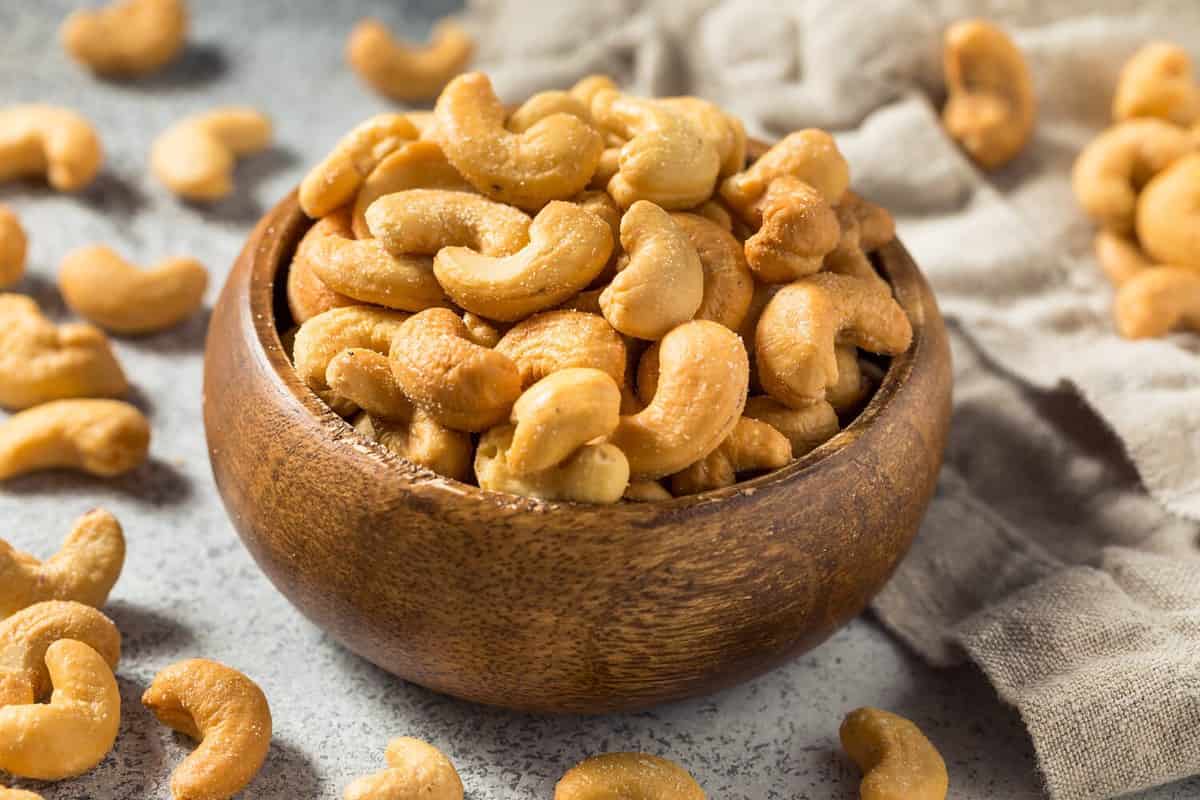
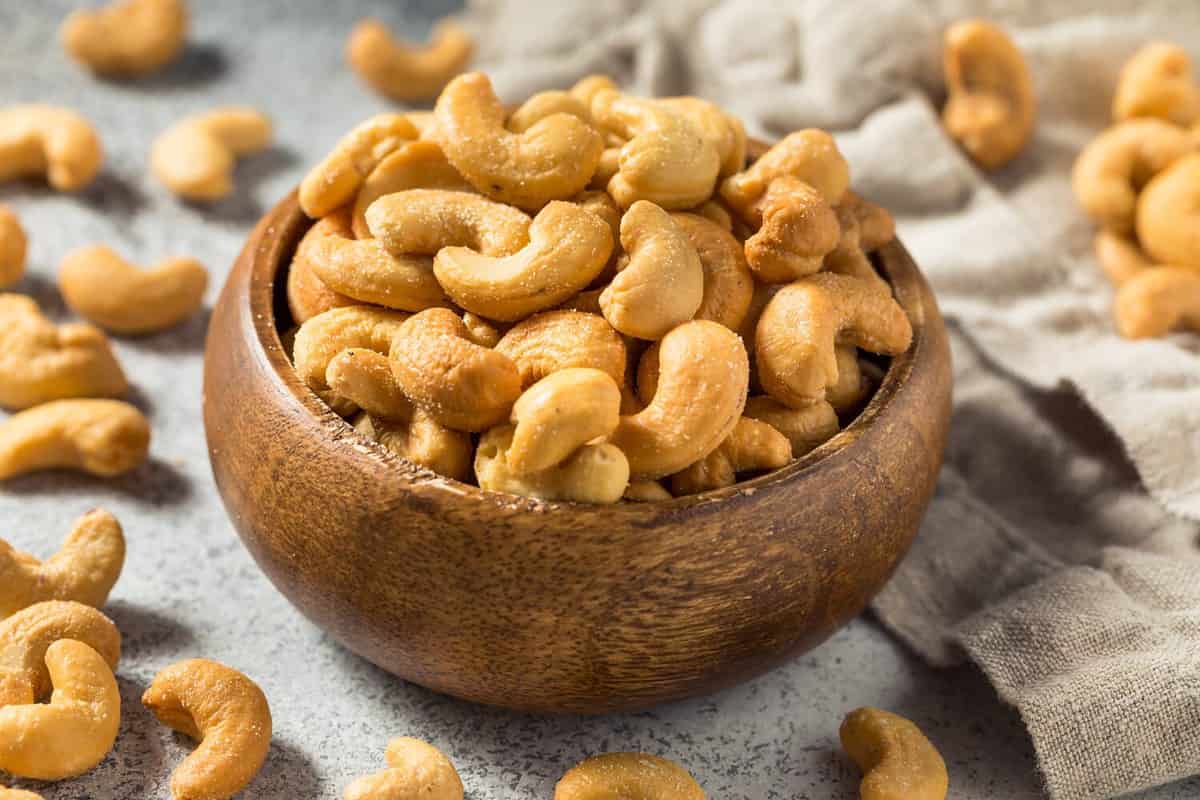
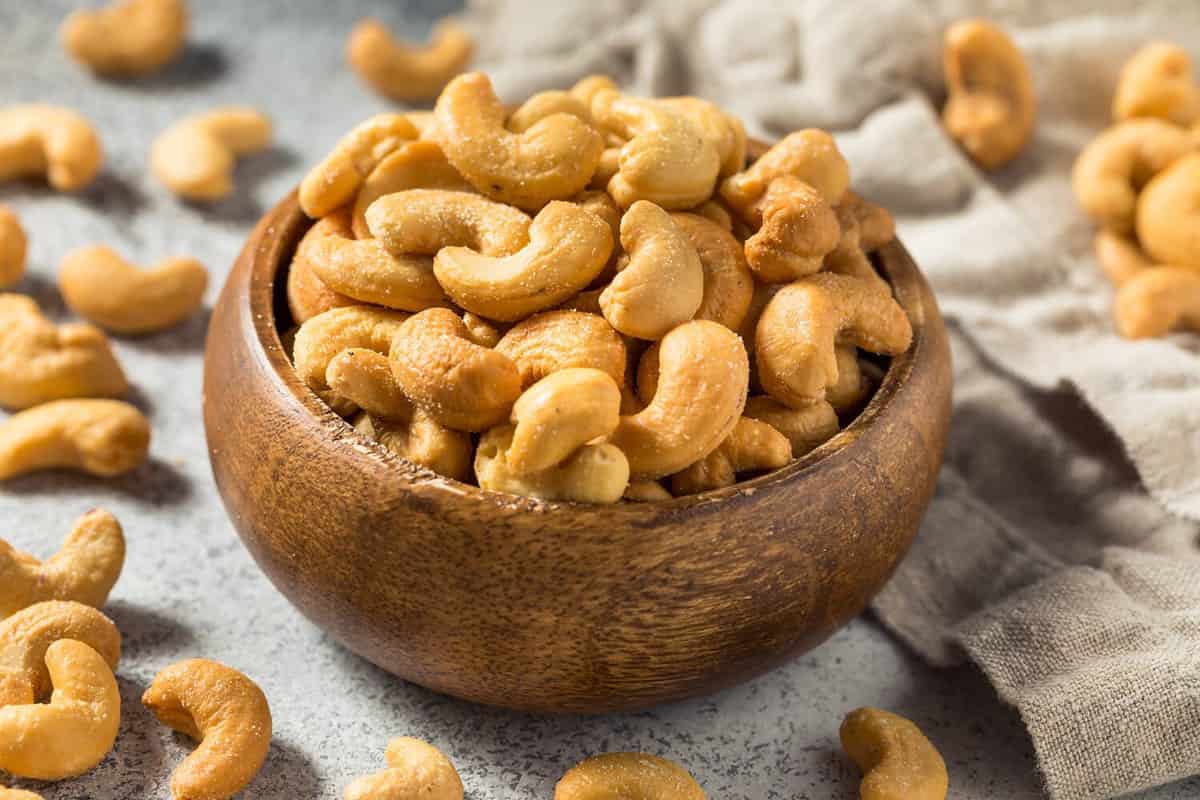
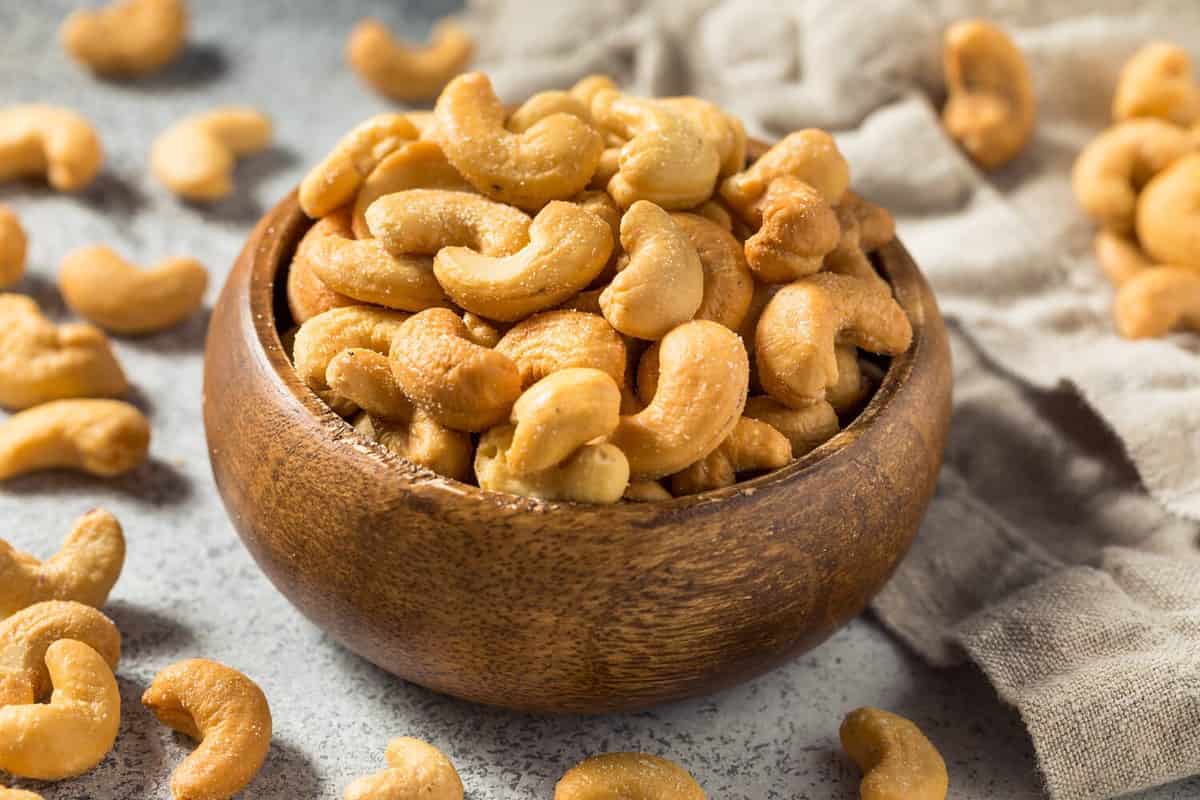
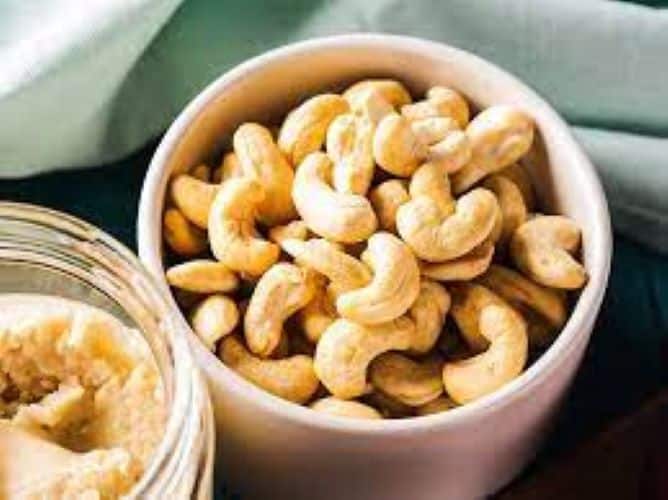
One thought on “High protein dry fruits”